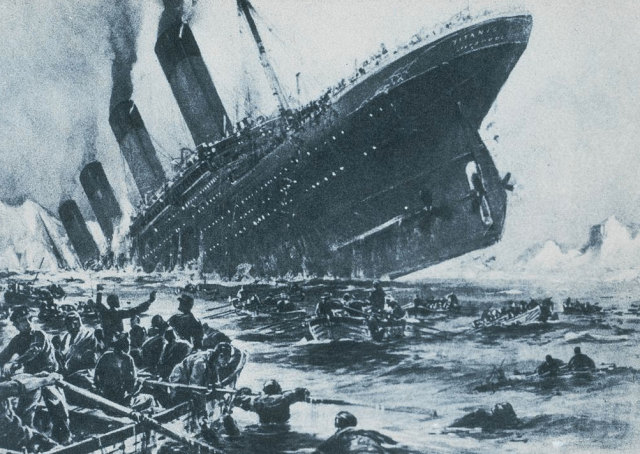Your browser is not compatible!
A gab is a video call made directly through your browser. In order to use this technology, you must use a compatible browser.
The current compatible browsers are:
- Google Chrome
- Mozilla Firefox
- Opera
To start a gab, please download one of these browsers and try again.
A gab is a video call made directly through your browser. In order to use this technology, you must use a compatible browser.
The current compatible browsers are:
- Android Browser
- Chrome for Android
- Kindle Fire Silk



 Download Google Chrome
Download Google Chrome Download Mozilla Firefox
Download Mozilla Firefox Download Opera
Download Opera